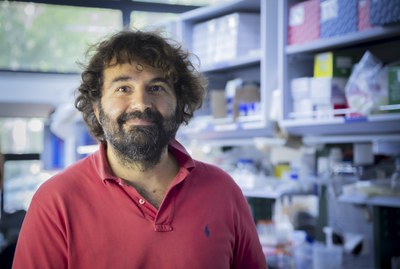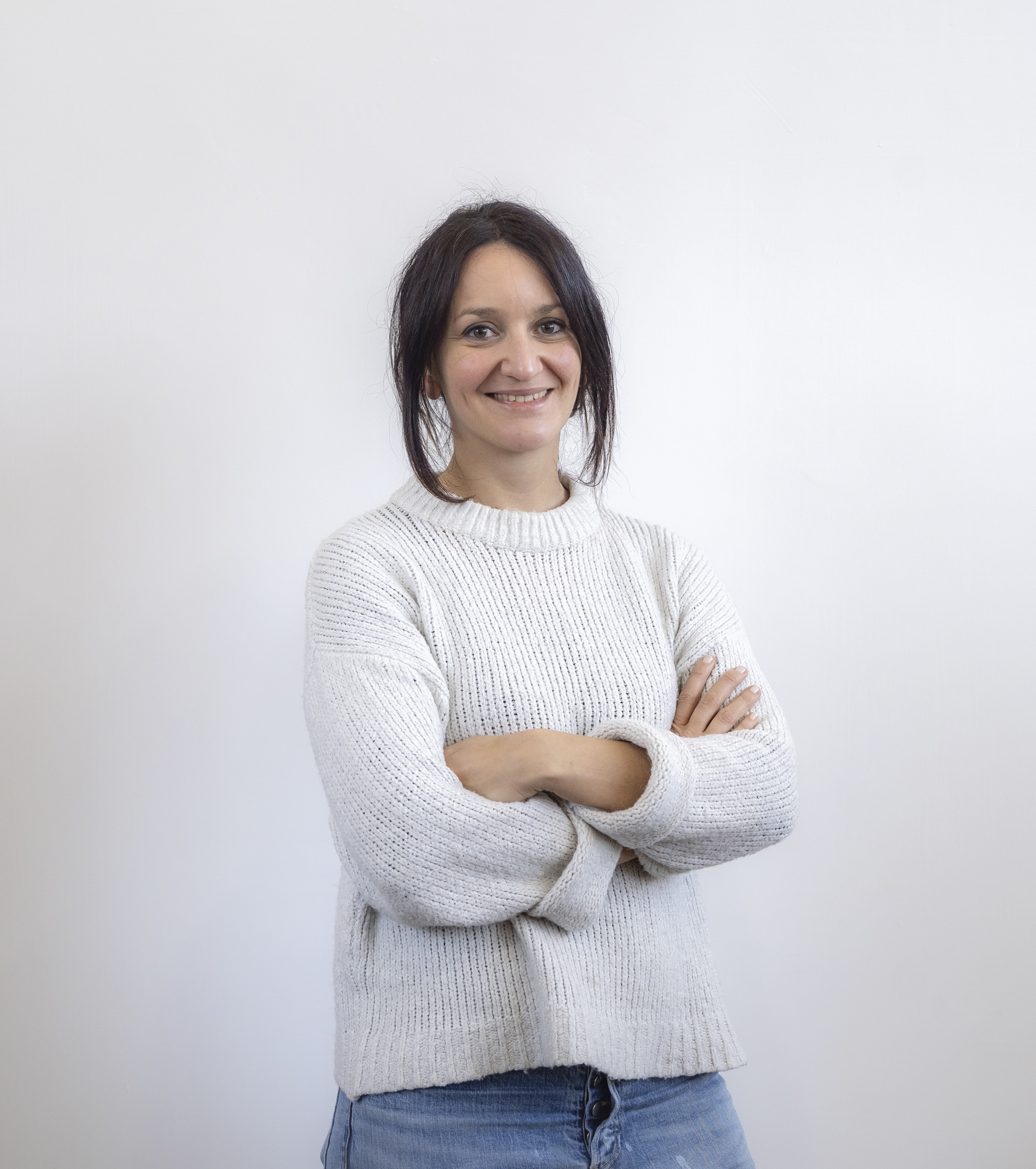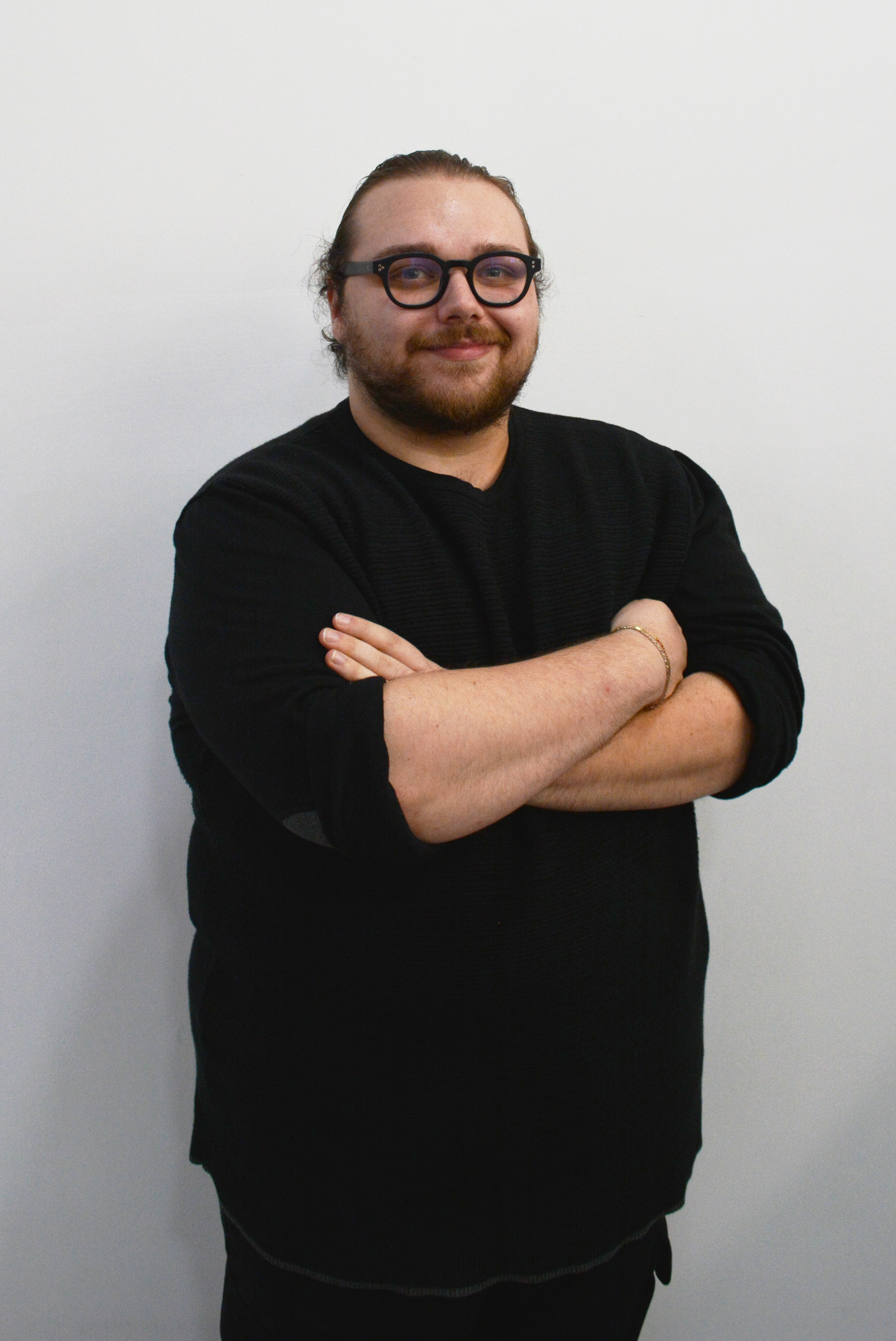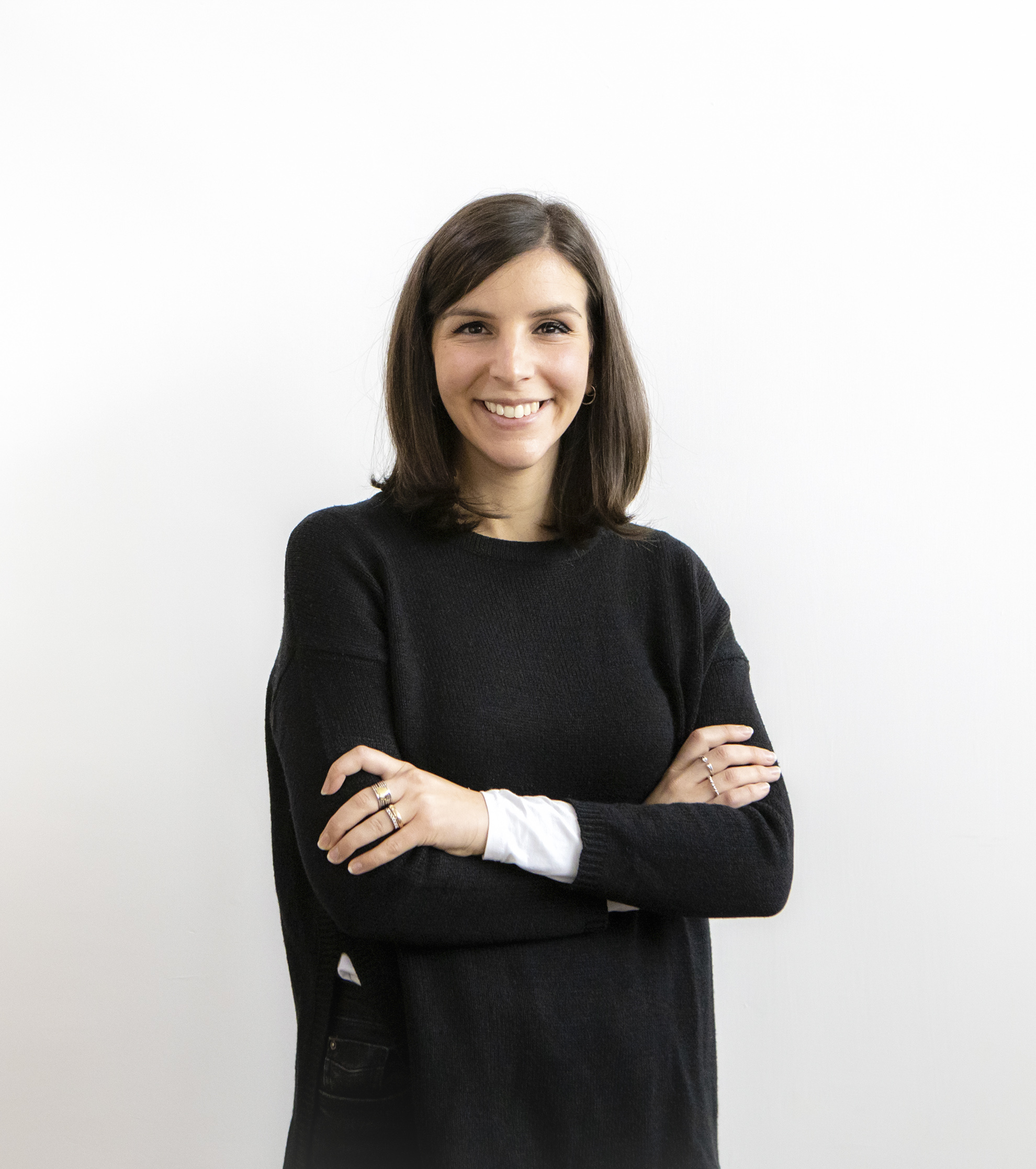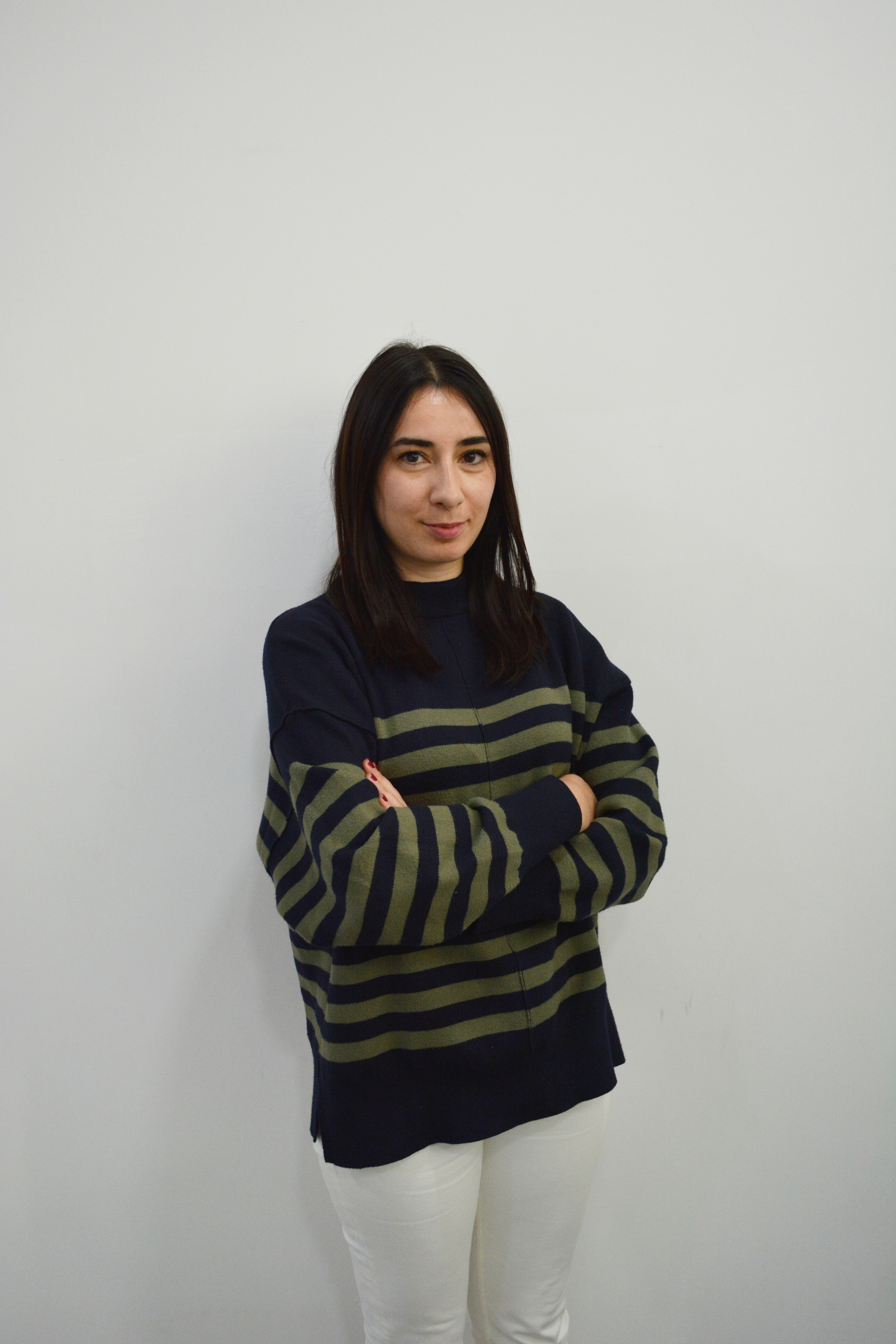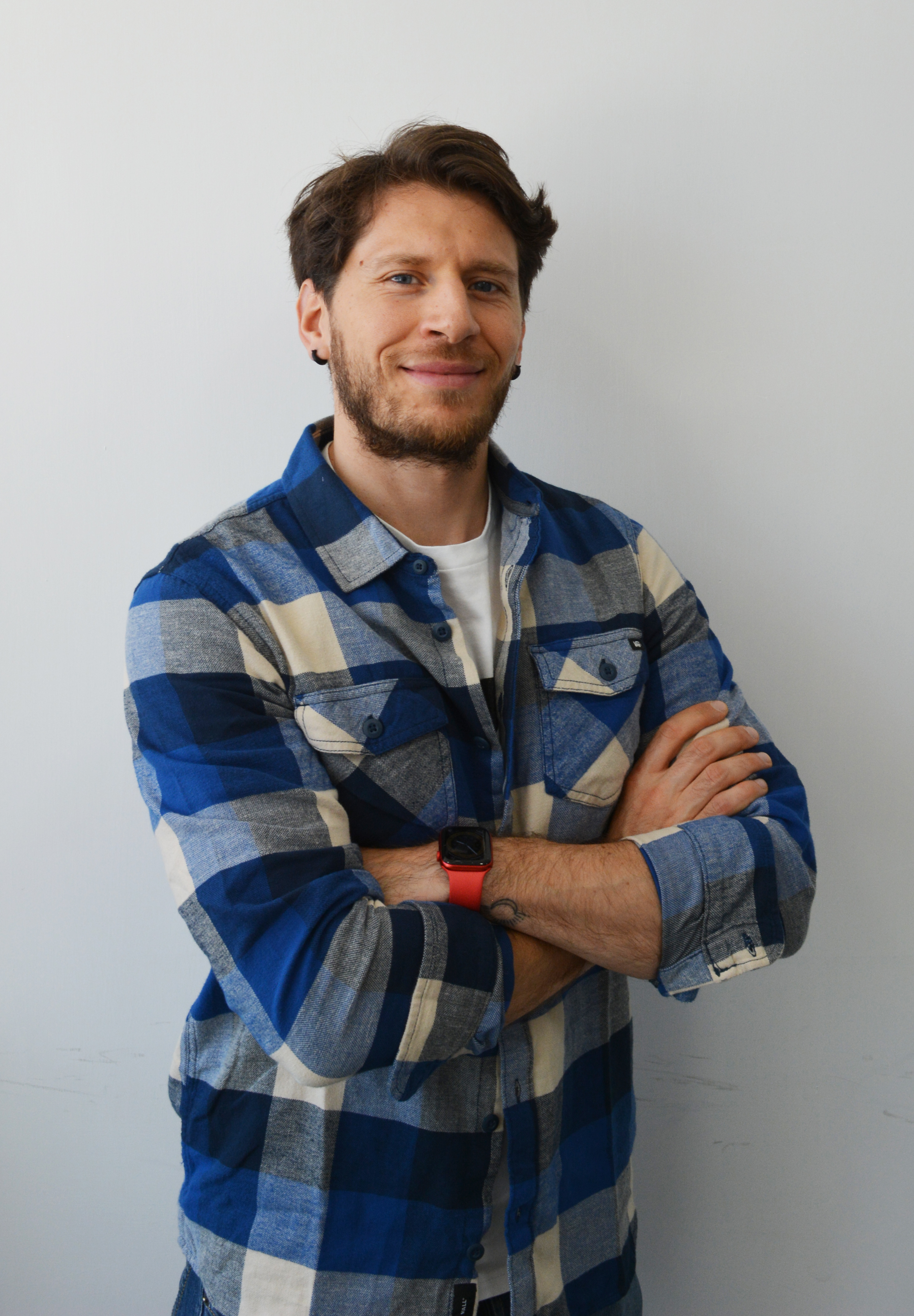Associate Investigator
Other positions:
Full Professor of Histology, Department of Clinical Medicine and Surgery, University of Naples "Federico II", Italy
Carmine Settembre graduated in 2002 in pharmaceutical chemistry at the University of Naples “Federico II”. In 2002 he joined TIGEM as a PhD student, after his PhD he moved to the United States as a post-doctoral fellow first at Columbia University in New York and then at the Baylor College of Medicine, in Houston. In 2011 he became Assistant Professor at the Baylor College of Medicine. In 2013, thanks to the Dulbecco Telethon Institute (DTI) career award program, he set up his own laboratory at TIGEM. He became Associate Professor in Histology and Embryology at the University of Naples “Federico II” in 2018. Dr. Settembre has received different awards such as the Ian Boyle award from the European Calcified Tissue Society (ECTS) and has been elected as an EMBO Young Investigator. He is recipient of prestigious grants from the European community (ERC StG, ERC PoC, ERC Consolidator) for the study of autophagy roles in health and diseases.
Modulation of autophagy in human disorders
The main research interest of my laboratory is to understand the role and regulation of the lysosomal-autophagy pathway in both physiological and disease processes. Over recent years, tremendous advances have been made in the field of autophagy and lysosome regulation. In particular, (macro)autophagy is emerging as a cargo selective process and cellular lysosomes have been demonstrated to be highly dynamic organelles, able to control their biogenesis in response to cellular needs. To date, however, there is still limited knowledge about the implications of these discoveries in human physiology and diseases.
In the coming years, my laboratory will be focused on investigating the signaling pathways controlling selective autophagy and lysosome biogenesis in response to physiological stimulations. We plan to exploit this knowledge to design tailored therapeutic approaches for human diseases, characterized by intracellular accumulation of toxic materials within the cells. In particular, we intend to identify druggable selective modulators of ER-phagy (Endoplasmic Reticulum autophagy) to counteract the accumulation of misfolded proteins in the endoplasmic reticulum. In addition, we will explore the modulation of selective autophagy to promote cargo degradation in lysosomal storage disorders, diseases characterized by lysosomal dysfunction.
To tackle these ambitious questions, my laboratory will combine multiple experimental approaches such as mouse genetics, cell biology and pharmacology, and gene editing coupled to -omics technology.
1. Sestrin2 drives ER-phagy on response to protein misfolding. Dev Cell, 2024
2. Phosphorylation of FAM134C by CK2 controls starvation-induced ER-phagy. Science Advances, 2022
3. MiT/TFE factors control ER-phagy via transcriptional regulation of FAM134B. EMBO Journal, 2020
4. mTORC1 hyperactivation arrests bone growth in lysosomal storage disorders by suppressing autophagy. Journal of Clinical Investigation, 2017
5. FGF signalling regulates bone growth through autophagy. Nature, 2015
Complete List of Published Work here
Quote
Exploiting TIGEM resources and expertise to address outstanding questions in the lysosome-autophagy pathway, to understand the mechanistic basis of toxic accumulations in the endoplasmic reticulum, and to offer novel therapies to genetic diseases.
Additional Funding
- AUTO-SELECT - Dissect Cargo Selectivity in Autophagy (2023-2027), ERC Consolidator Grant
- Dissecting the role of selective autophagy dysfunction in MPS pathogenesis (2021-2022), The National Mucopolysaccharidosis Society
- RE-STORE - Pharmacological restoration of selective autophagy for the treatment of skeletal (2021-2022), European Research Council PoC
- BONEPHAGY - Defining the role of the FGF–autophagy axis in bone physiology (2017-2023), European Research Council StG


